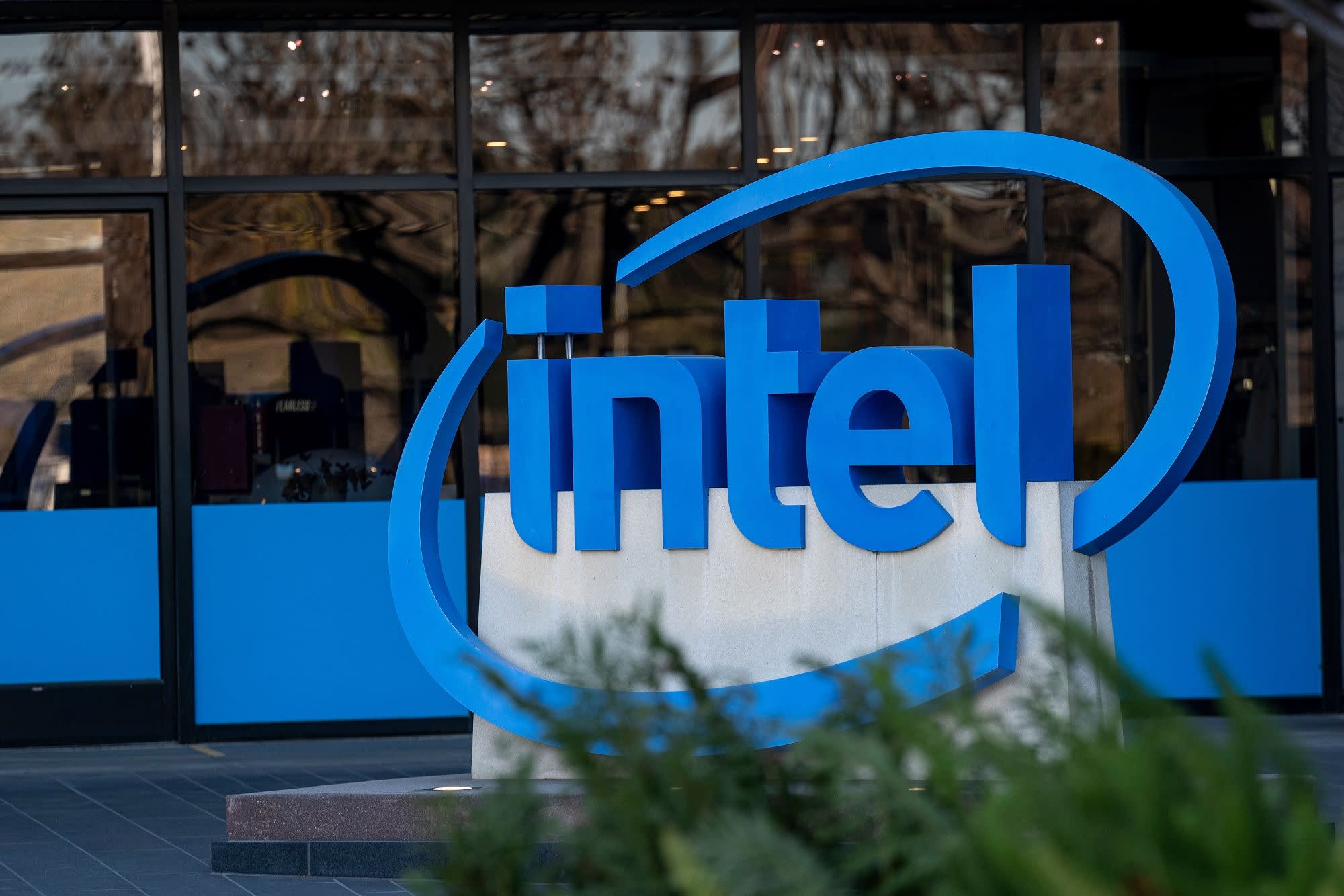
A nanometer measures just one billionth of a meter, thousands of times times smaller than the thickness of a human hair.
Something that miniscule seems like it would hardly matter, right? Well, those small sizes have become a big problem for Intel.
Chipmakers have long measured the features on their semiconductors by some of their tiniest features – 65 nanometers, 45 nanometers, 32 nanometers, and so on. These are called technology nodes.
Every two years or so Intel would move to a smaller generation of chip. Smaller features meant manufacturers could pack more computing power into the same package. That produced big increases in performance at steadily falling prices.
As the features grew smaller with each generation, though, manufacturers couldn’t agree on just what those numbers meant.
While Intel describes its most advanced microprocessors as the 10-nanometer generation, rival Taiwan Semiconductor Manufacturing Co. makes a competitive device it calls 7 nanometers.
Few consumers ever think about this. Whatever laptop or smartphone you buy, chances are you won’t have any idea whether it’s powered by a 10nm, 7nm or 5nm chip.
Within the semiconductor industry, though, the divergence in numbering has put Intel at a distinct disadvantage.
At nearly every technical presentation, Intel engineers take pains to argue that its chips perform every bit as well as those its competitors describe as belonging to a smaller generation.
Intel now appears to be tiring of the argument.
Employees say Ann Kelleher, the Hillsboro vice president who runs Intel’s manufacturing group, notified them last week that Intel plans to change its numbering conventions to match the industry standard.
It’s not clear just when this will happen. Intel’s next generation of processor, currently described as a 7nm chip, is due in 2023.
Intel declined to comment on its numbering plans except to reiterate that it believes its chips are more advanced than current descriptions suggest.
“It’s widely acknowledged in the industry that there is inconsistency and confusion in nanometer nomenclature, and it does not reflect the latest innovations at the transistor level,” said Intel spokeswoman Chelsea Hughes.
These dimensional discrepancies used to be mostly academic. Intel’s processors were long acknowledged as the most advanced in mass production, regardless of what number it chose to label them.
No longer.
A succession of manufacturing failures has delayed three generations of Intel chips. TSMC, a contract manufacturer, began making its 5nm chips in 2019 and there’s broad consensus that it’s more advanced than anything Intel offers.
That’s a big part of the reason Apple is shifting its Macs away from Intel chips to those made by TSMC. And it’s why Intel competitors NVIDIA and AMD, which both outsource their production to TSMC, are gaining market share in key segments that Intel long dominated.
So Intel is playing catch-up.
It’s not clear what is prompting Intel to change its numbering conventions now. But new CEO Pat Gelsinger announced last week that Intel intends to compete directly with TSMC by seeking contracts to make other companies’ chips.
Intel may be hoping to make it easier for prospective manufacturing customers to compare its offerings to TSMC’s by adopting its rival’s numbering system. A different numbering system, though, would be the easy part.
Ultimately, Intel needs to prove that it can reliably deliver each new generation of production technology.
“We were slow on some of those transitions previously,” Gelsinger acknowledged last week. “We are out to be unquestioned leaders.”
Correction: A nanometer is a tiny fraction of the width of a human hair. This article originally misstated the relationship.
-- Mike Rogoway | mrogoway@oregonian.com | twitter: @rogoway | 503-294-7699
The Link LonkMarch 30, 2021 at 08:45PM
https://ift.tt/3wlVQHl
What’s in a nanometer? Intel may renumber its chips - OregonLive
https://ift.tt/2YXg8Ic
Intel

No comments:
Post a Comment